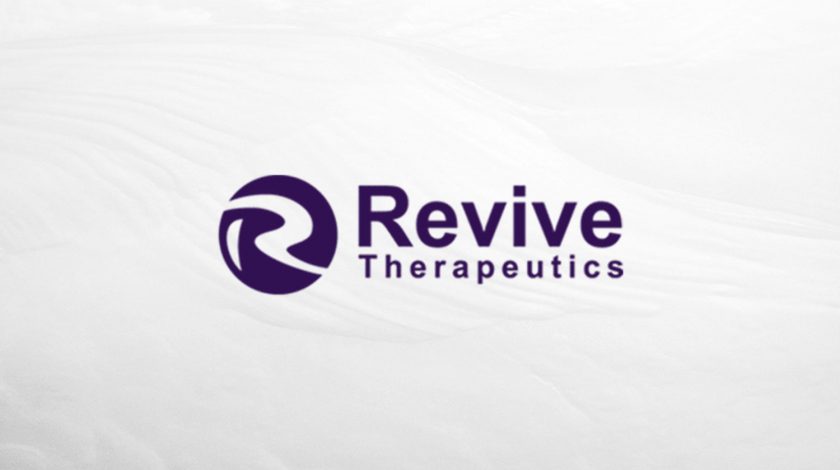Revive Therapeutics Advances Development of Innovative Bucillamine Formulation for Medical Emergencies
LOS ANGELES- Revive Therapeutics Ltd, a specialty life sciences company, has recently announced significant progress in the development of a new lyophilized formulation of Bucillamine, a drug initially designed for medical needs and rare disorders. This development is part of a collaborative effort with the University of Waterloo.
The research team, working under an agreement with the University, has successfully enhanced the solubility of Bucillamine, more than doubling its effectiveness through lyophilization—a process that dries the drug to increase its stability and solubility. This improvement is anticipated to significantly broaden the drug’s therapeutic applications, particularly in addressing public health medical emergencies. These include pandemic influenza, emerging infectious diseases, and scenarios involving medical countermeasures against incidents and attacks.
Of particular note is the potential role of Bucillamine in treating nerve agent exposure. Revive’s ongoing project with Defence R&D Canada – Suffield, an agency of the Canadian Department of National Defence, focuses on evaluating this new formulation as a potential antidote for such exposures.
Looking ahead, Revive anticipates that the novel lyophilized Bucillamine will be ready for clinical evaluation by 2024. The production of this advanced formulation will be undertaken by a contract development manufacturing organization. Moreover, the drug’s properties as a potent antioxidant and anti-inflammatory agent hold promise for orphan indications in rare inflammatory disorders. This includes ischemia-reperfusion injury, commonly associated with organ transplantation, for which the FDA granted orphan drug designation in 2022.
Revive’s strides in enhancing Bucillamine’s formulation and exploring its broader applications underscore the company’s commitment to addressing critical medical needs through innovative research and development. This advancement could mark a significant step forward in emergency medical treatment and rare disease management, potentially offering new hope for patients in dire situations.



































